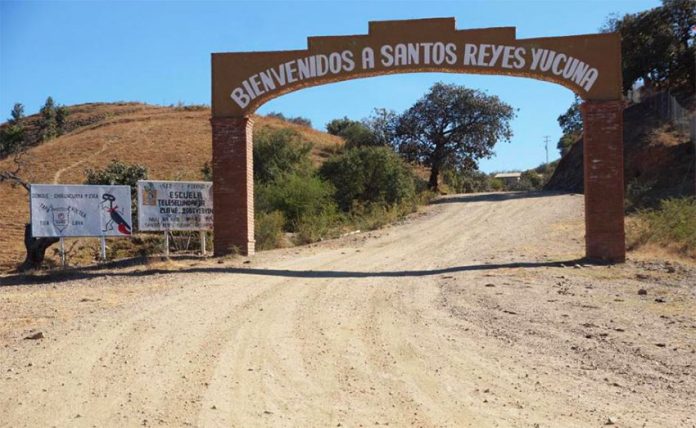Junk food is easier to come by than vegetables in Santos Reyes Yucuná, Oaxaca, Mexico’s poorest town.
Of the 1,300 inhabitants, 99.9% live below the poverty line, according to the social development agency Coneval, in conditions similar to those of Mozambique, Africa.
There are five small grocery stores in the Mixtec municipality, but not one of them sells fresh food or produce. In addition, due to drought residents have been unable to grow their own food.
There are no jobs so adults travel to other cities to sell goods, often leaving their children in charge of caring for their grandparents. Packaged and processed food is their only option.
Towns like Santos Reyes Yucuná have become what experts call “healthy food deserts,” where fruits and vegetables are scarce.
According to Baruch Sanginés, a geographer and demographer from Mexico’s National Autonomous University and the Latin American Faculty of Social Sciences, what happens in Yucuná is a reflection of what is happening throughout Oaxaca and Mexico.
Junk food is readily available: Sanginés says 96% of residents of Mexico City have a store selling unhealthy, processed products within 100 meters of where they live, whereas 51% have similar access to a store selling fruits or vegetables.
In Mexico, there are 40 times more convenience and stores selling abarrotes than there are stores that offer fresh food.
The lack of accessibility to healthy food, in addition to the wide availability of junk food products, has led to what Sanginés calls an “obesogenic environment,” one which encourages unhealthy eating habits and the lack of exercise.
Sanginés says Oaxaca’s new law banning the sale of junk food to minors is a step in the right direction for Mexico, as education is not enough to combat the country’s long history of unhealthy eating habits that lead to obesity and diabetes.
“The problem is that the market plays in favor of products that have a more industrialized process in their creation. The market favors these products and the accessibility that the population has to these junk foods is much greater than the accessibility of healthy foods,” Sanginés says.
One might wonder what the children of Santos Reyes Yucuná will eat with Oaxaca’s junk food ban in place but the law does not prohibit parents buying such food for their children. Nor is it likely there will be much effort to enforce it.
Source: El Universal (sp), Imer Noticias (sp)
